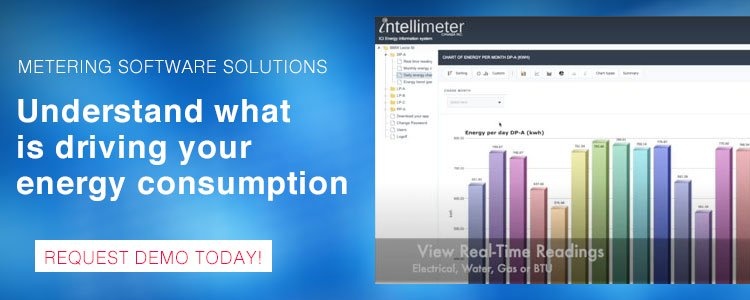Large corporations spend millions (or even billions) of dollars on energy each year. Additionally, they incur millions on logistics, outsourcing, and supply chain in indirect costs. Yet, majority of companies approach energy as a cost to be managed, which is a potential strategic mistake. It overlooks a substantial amount of opportunities to create new value, improve resilience, and reduce risk. Business responsibility and environmental trends in energy are steadily climbing up the corporate agenda.
Innovations in energy technologies, rising expectations about corporate environmental performance, and global carbon regulation are mega trends that are opening companies to new risks. It’s changing the context in which businesses operate, and is creating new paths to value creation.
Enhancing Energy Efficiency Has Become a Strategic Need
In any industry, improving corporate energy efficiency is already a strategic need. By becoming energy efficient, companies become more competitive in the globalized market. It also enables them to participate in the preservation of the environment.
Understanding Energy Usage
Understanding how much energy is being used is the first step to reducing energy consumption. Submeters, provide detailed and real-time information on energy consumption. These devices play a critical role in helping companies understand the opportunity that energy management brings to the table. Submetering systems allow accurate billing (based on very detailed and precise readings), helping reduce the amount of time businesses spend on administration of these costs. Furthermore, companies can also detect where, when and how they waste energy to set better targets for the reduction of energy consumption.
Submetering systems, for example allow companies to track energy usage based on intervals that typically range from five to 15 minutes, 30 or 60 minutes with the intent of understanding coincidental demand and on individual suite or circuit breakdowns to compare energy consumption at different sites. Unfortunately, many companies are still unaware of the commercial use of sub-meters, missing out on the advantages of utilizing these smart devices.
Maximizing the Advantages of Governmental Compliance
Many companies perceive government compliance as a necessary hassle, and they fail to see it as an opportunity for competitive advantage. If managed with top table leadership, expertise, and insight, companies can use the regulations to change their company culture in a positive way. The critical thing is to acknowledge current developments now and use metering and monitoring technologies to become as energy-smart as possible. It’s all about identifying low hanging fruit while investigating financing options and renewable technologies to create long-term reductions in your energy consumption.
Turn Energy Suppliers into Energy Partners
The energy sector is becoming a combined service and supply sector. The role of the energy supplier is changing, which means the attitude businesses have towards them should change as well. Companies need to look at their energy providers as delivery partners and work with them to increase energy efficiency and control costs. Moreover health checks and energy audits can help companies identify simple energy-saving solutions.
Take Responsibility to Enhance Reputation
Corporate responsibility (CR) initiatives greatly affect a company’s reputation among customers, partners, suppliers, and employees. All these stakeholders expect businesses to act responsibly (especially when it comes to the environment). To highlight corporate responsibility credentials, companies should implement a good energy efficiency strategy. Having a more detailed understanding of company energy consumption will provide a framework to design, measure, and report your CR targets.
Improved energy efficiency and investing in opportunities to increase company value through responsible energy use should be seen as a management tool. The change in the corporate approach towards energy efficiency will be vital to sustaining many businesses in today’s economic climate.


